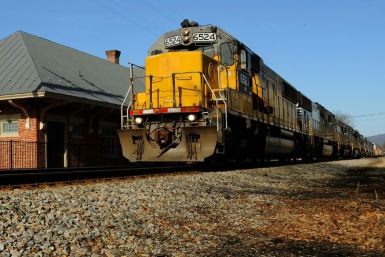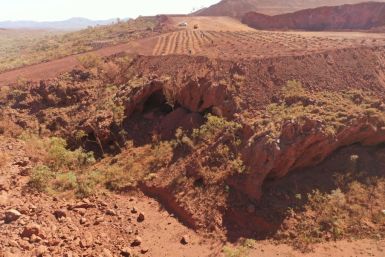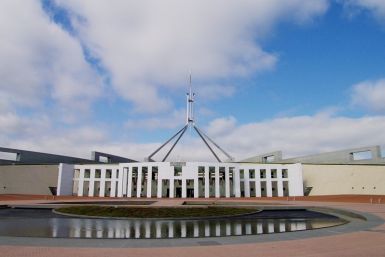Australia's Bushfires Spark Climate Change Argument, NZ Firefighters on Alert to Aid NSW (VIDEOS)
Source: Youtube/TodayAustralia
Firefighters in Australia continue to scramble to put out the fires amid fears of a mega-fire which may cause greater damage to homes and property. The fires near NSW's Blue Mountains had been "tactically joined," according to officials, to prevent it from merging with another fire.
The bushfires in Australia have had a long and destructive history. In 1851, it was Black Thursday in Victoria as the bushfires destroyed 5 million hectares of land and killed 12 people. The fire in Victoria was the first large-scale fire since the white settlement in Australia.
The most recent bushfire happened in Victoria in 2009. The day was known as Black Saturday with 173 people dead. Many of the victims did not make it to their driveways due to the intense heat of the spreading bushfire.
Experts have argued that the catastrophic bushfires were simply natural in Australia with the forests and plants heavy with combustible eucalyptus oil which makes the plants ticking time bombs.
Climate change scientists believe that human activity is the main contributor. Australia has had a troubled history when it comes to climate change. The Coalition government under the leadership of Prime Minister Tony Abbott has abolished the nation's Climate Change Commission. Repealing the carbon tax is also part of the Abbott government's agenda.
Changing behaviour of bushfires
Scientists believe that the recent NSW bushfires will be another piece of evidence against climate change skeptics. Climate change experts agree that Australia's bushfire season is getting longer with fires becoming more intense.
University of Tasmania's Professor David Bowman, who has studied forest ecology for more than 30 years, said the Australia's bushfires are showing clear signs of change. He said despite historical records being shallow, bushfires in Australia were not the same as before.
According to Mr Bowman, even firefighters have reported unusual behaviour as fires become more aggressive. Normally, a fire will quell at night because of the cooling temperature. Mr Bowman said that due to the heat, bushfires were burning all the same during the night.
Mr Bowman also observed that bushfires were becoming longer in duration. He said NSW bushfires burning at intense levels for a week should be cause for alarm.
Source:Youtube/EmergencyAUS
New Zealand firefighters on stand-by
New Zealand's firefighters remain on alert as they are waiting to see if their Australian counterparts will need more personnel to fight the spreading bushfires in NSW.
New Zealand Prime Minister John Key has spoken to NSW State Premier Barry O'Farrell and said it was likely that Kiwi firefighters will join efforts to stop the raging fires.
The New Zealand Fire Service Commission has previously sent specialist timber and alpine forest firefighters to Victoria and Tasmania to fight widespread bushfires in the summer of 2012. If Australia makes the call for help, the teams are ready to leave immediately.






